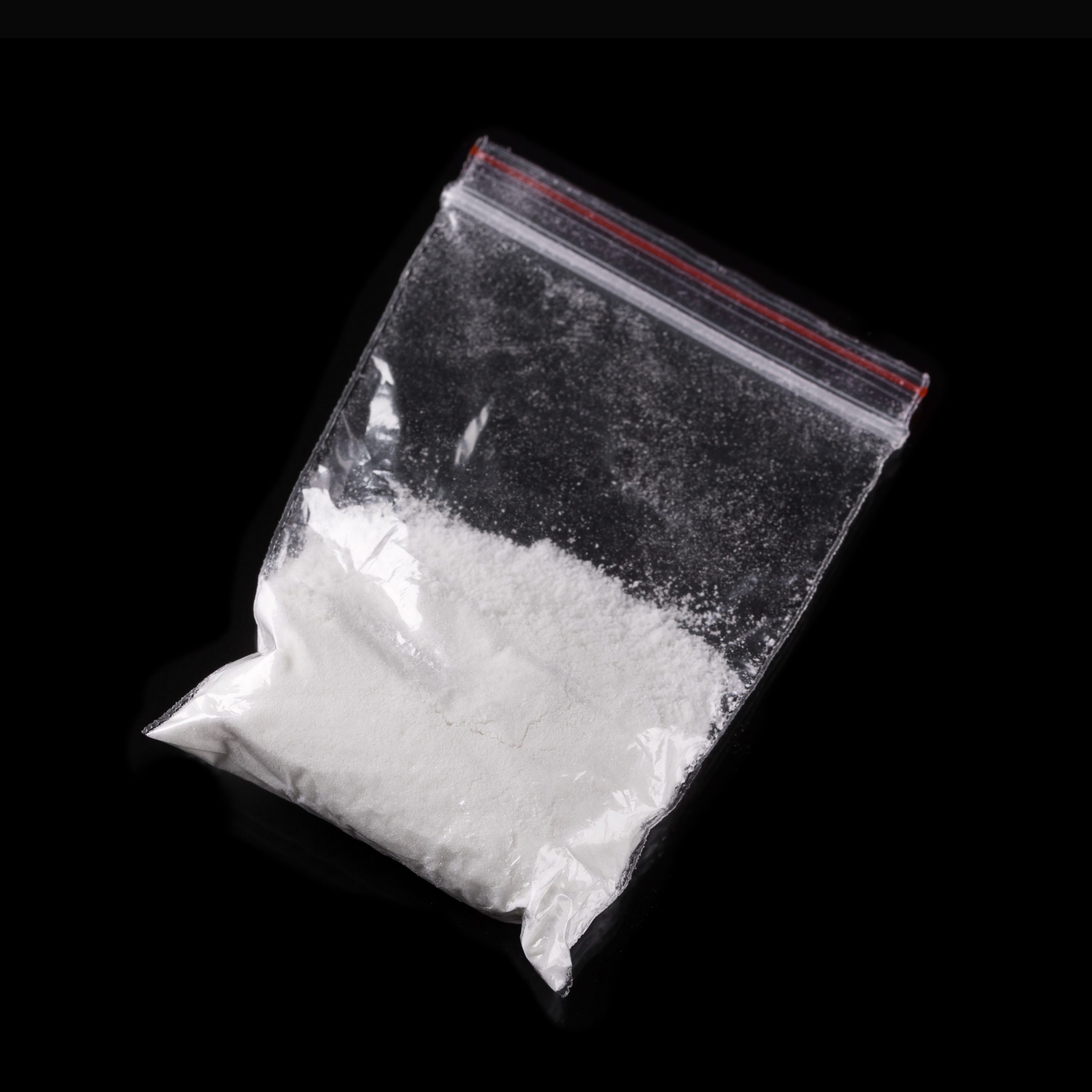Many people in the country are addicted to cocaine. Not everyone has access to pure cocaine so some use crack cocaine. To make matters worse, a huge percentage of cocaine addicts abuse other substances as well. This not only worsens the addiction but, also makes recovery from cocaine difficult.
Cocaine Dependence
Like many other addictive substances, cocaine creates dependency. This means that with chronic use, the body adapts to the presence of the drug and comes to rely on it for certain functions.
Cocaine increases dopamine in the brain. This is one of the chemicals that pass messages between neurons in the brain. Dopamine is considered a “feel-good” chemical that is released as a reward for good behavior or when something good happens. It helps an individual feel good and excited, so you can understand why cocaine is addictive.
Once the body becomes dependent on cocaine, it becomes difficult to live without it. When the addict tries to quit using, the body is thrown out of balance and they crash and then go into withdrawal.
The symptoms of a cocaine crash include exhaustion, increased sleep, increased appetite, anxiety, restlessness, etc. When this goes on, the individual goes into withdrawal. The symptoms they experience depend on the quality of cocaine used, how long they’ve used it as well as their physical and mental health.
Recovering from Cocaine Addiction
To recover successfully from cocaine addiction, an individual has to undergo 3 stages: detox, treatment, and aftercare.
- Detox – cocaine is rapidly broken down in the body so it leaves the body in about 8 hours. This means that you don’t need to taper off its use. However, quitting cold turkey is not recommended because of the intense cravings that accompany withdrawal. These cravings, along with the withdrawal symptoms are a barrier to long-term recovery from cocaine addiction.
It is advisable to get a medical detox if you want to quit using cocaine safely and healthily. Medical detox ensures that your body safely gets rid of the cocaine and you remain calm and safe during the process.
- Treatment – Detox helps you get sober but treatment will help you remain that way. Addiction treatment can be done on a residential or outpatient basis. The latter also includes partial hospitalization and intensive outpatient programs where the patient receives intensive treatment without staying overnight at the rehab facility. Treatment will involve individual, group, and family therapy along with cognitive behavioral therapy to help the individual build positive habits and make better, healthier choices.
- Aftercare – Once a person is done with addiction treatment, we at Evolve Indy link them with support groups in the community. Participating in group meetings helps those in recovery to remain sober, form support systems, and transition back into the community.
If you, or a loved one, are struggling with cocaine addiction, reach out to Evolve Indy in Indiana. We’ll be glad to help you rebuild your life free from addiction.

